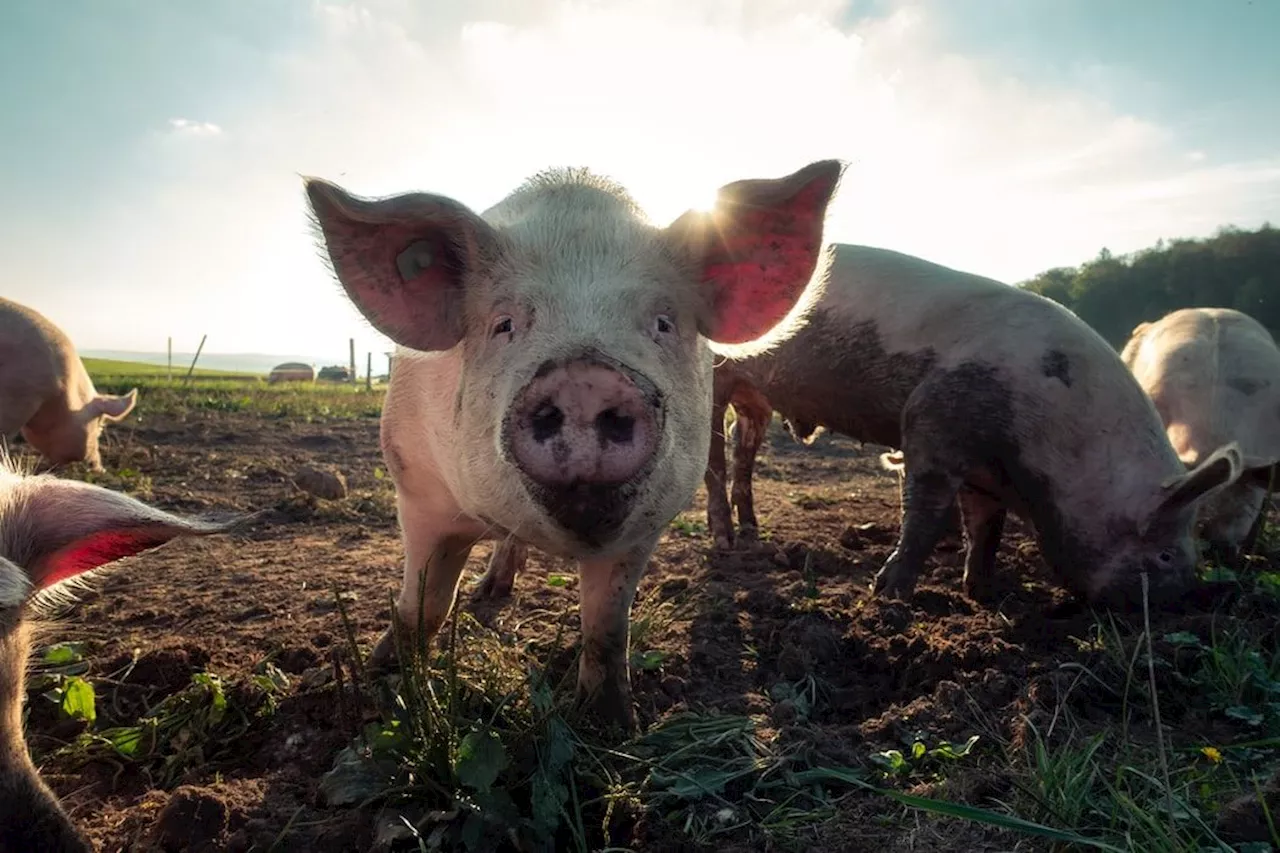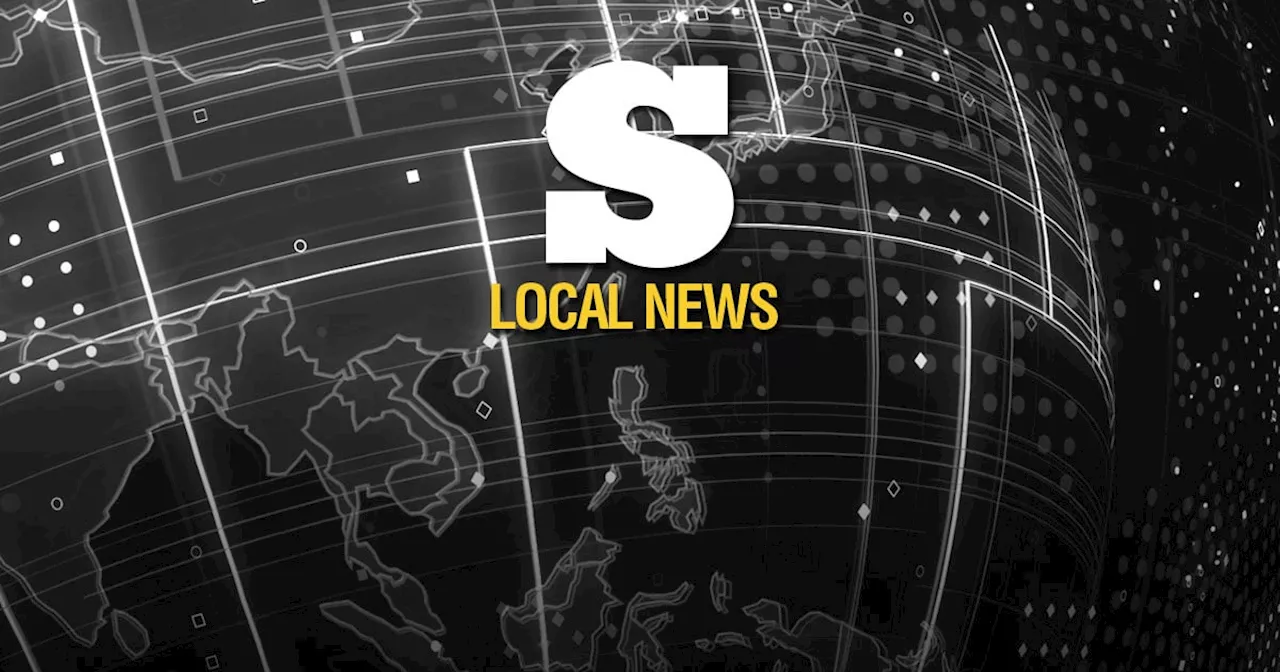The European Union has introduced new guidelines under its AI Act, banning AI systems involved in manipulative, exploitative, and mass surveillance practices. The regulations, effective February 2nd, aim to balance innovation with protecting fundamental rights. Meanwhile, Australia bans DeepSeek AI from its government systems over national security concerns.
The European Union (EU) has implemented new guidelines under its AI Act, prohibiting the use of AI systems engaged in manipulative, exploitative, and mass surveillance practices. Effective February 2nd, these rules outlaw predictive social scoring, large-scale biometric surveillance, and unauthorized facial recognition databases.
As detailed in a report by Amiya Johar for Mobile World Live, the AI Act classifies AI technologies based on risk levels, mandating stringent transparency and oversight requirements for high-risk systems employed in healthcare, credit scoring, and migration. Companies that fail to adhere to these regulations face substantial penalties, reaching up to €35 million ($36.35 million) or a percentage of their global revenue.Despite exemptions granted for national security and international law enforcement, the regulations have garnered criticism from prominent tech companies like Meta, which have characterized them as excessively restrictive. US President Donald Trump has also expressed concerns about potential trade retaliation. However, the EU maintains its stance, asserting that these rules are intended to strike a balance between fostering innovation and safeguarding fundamental rights. In a separate development, Australia has banned the use of DeepSeek AI within its government systems following a risk assessment that identified national security concerns. Home Affairs Minister Tony Burke announced the immediate removal of all DeepSeek products, emphasizing that the decision was rooted in security risks rather than the company's Chinese origins. Johar reported that while the ban is confined to government networks, Burke advised citizens to remain vigilant about their digital privacy. This move echoes Australia's previous restrictions on Chinese tech firms Huawei and ZTE based on similar security apprehensions. DeepSeek recently garnered attention when its AI-powered app topped Apple's US App Store downloads, but escalating security concerns have prompted global scrutiny. The US is currently conducting an investigation into the company, while Italy and Taiwan have also implemented bans
AI Act Artificial Intelligence EU Regulations Mass Surveillance Deepseek National Security Data Privacy Technological Restrictions Algorithmic Bias
Philippines Latest News, Philippines Headlines
Similar News:You can also read news stories similar to this one that we have collected from other news sources.
 SP implements less paper with LISSPThe Davao City Council has officially implemented the Legislative Information Support System (LISSP), a digital platform aimed at streamlining council proceedings and reducing paper usage. The system is expected to improve efficiency and transparency in legislative processes.
SP implements less paper with LISSPThe Davao City Council has officially implemented the Legislative Information Support System (LISSP), a digital platform aimed at streamlining council proceedings and reducing paper usage. The system is expected to improve efficiency and transparency in legislative processes.
Read more »
 Northern Samar Implements Measures to Prevent African Swine FeverThe Provincial Government of Northern Samar is taking proactive steps to safeguard its swine industry from African Swine Fever (ASF). Although no cases have been reported, Dr. Jose Luis Acompañado, Provincial Veterinarian, emphasizes the ongoing threat and the need for preventive measures. He recommends limiting the movement of live swine and pork meat through checkpoints, requiring veterinary health certificates and transport permits. Dr. Rico Espiña from the Bureau of Animal Industry will raise this recommendation to the Department of Agriculture (DA) for consideration.
Northern Samar Implements Measures to Prevent African Swine FeverThe Provincial Government of Northern Samar is taking proactive steps to safeguard its swine industry from African Swine Fever (ASF). Although no cases have been reported, Dr. Jose Luis Acompañado, Provincial Veterinarian, emphasizes the ongoing threat and the need for preventive measures. He recommends limiting the movement of live swine and pork meat through checkpoints, requiring veterinary health certificates and transport permits. Dr. Rico Espiña from the Bureau of Animal Industry will raise this recommendation to the Department of Agriculture (DA) for consideration.
Read more »
 DOLE Implements New Rules for Seafarer Claims EnforcementThe Department of Labor and Employment (DOLE) issued new guidelines requiring seafarers to post a bond for disputed amounts in monetary claims during appeals. This order clarifies the enforcement of decisions made by labor bodies and establishes time limits for filing claims.
DOLE Implements New Rules for Seafarer Claims EnforcementThe Department of Labor and Employment (DOLE) issued new guidelines requiring seafarers to post a bond for disputed amounts in monetary claims during appeals. This order clarifies the enforcement of decisions made by labor bodies and establishes time limits for filing claims.
Read more »
 Quezon City Implements Checkpoints for 2025 ElectionsThe Quezon City Police District (QCPD) has established 33 checkpoints across the city to ensure security and compliance with election regulations during the 2025 election period.
Quezon City Implements Checkpoints for 2025 ElectionsThe Quezon City Police District (QCPD) has established 33 checkpoints across the city to ensure security and compliance with election regulations during the 2025 election period.
Read more »
 Government Implements Measures to Improve Rice Availability and AffordabilityThe Philippine government is taking steps to ensure the availability and affordability of rice for its citizens. The measures include expanding the distribution of lower-priced rice through Kadiwa kiosks, collaborating with local government units, and standardizing rice labeling.
Government Implements Measures to Improve Rice Availability and AffordabilityThe Philippine government is taking steps to ensure the availability and affordability of rice for its citizens. The measures include expanding the distribution of lower-priced rice through Kadiwa kiosks, collaborating with local government units, and standardizing rice labeling.
Read more »
 BCPO Implements Minor Reshuffling, Affecting Three Police StationsBacolod City Police Office (BCPO) Director Police Colonel Joeresty Coronica has made minor changes to the leadership of three police stations. The reshuffling sees the replacement of commanders at Police Stations 5, 9, and 10, with newly assigned officers tasked with bolstering crime prevention and law enforcement efforts.
BCPO Implements Minor Reshuffling, Affecting Three Police StationsBacolod City Police Office (BCPO) Director Police Colonel Joeresty Coronica has made minor changes to the leadership of three police stations. The reshuffling sees the replacement of commanders at Police Stations 5, 9, and 10, with newly assigned officers tasked with bolstering crime prevention and law enforcement efforts.
Read more »
